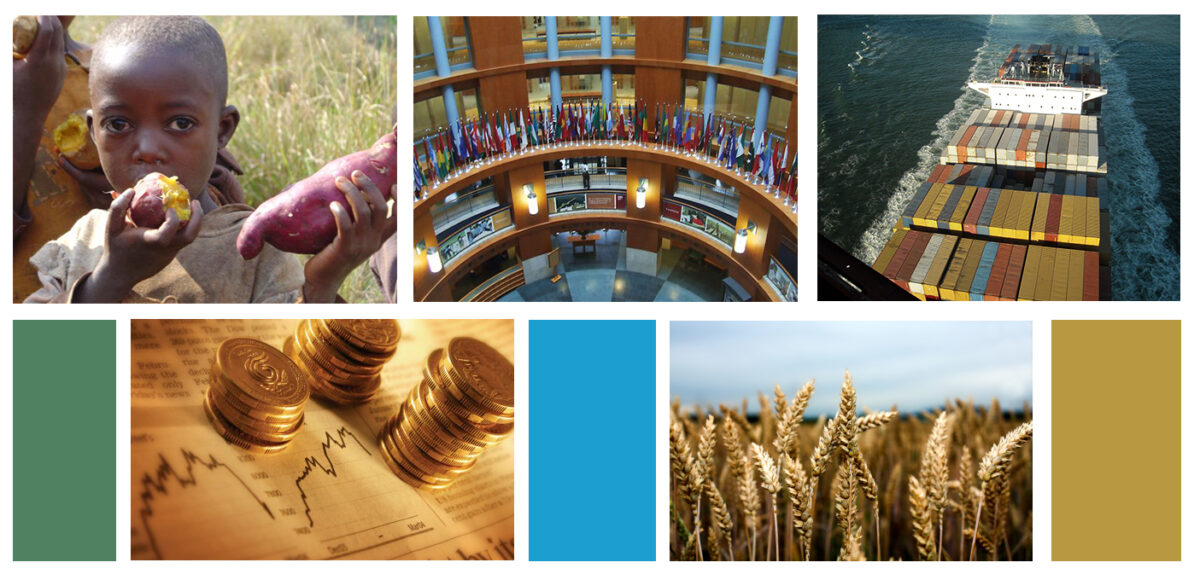Ever since the conclusion of the Uruguay Round of the General Agreement on Tariffs and Trade (GATT) in 1994, there has been a growing sense that the GATT, and the World Trade Organisation (WTO) that has superseded it, favours the interests of developed countries. In response to this, a line of research has developed to investigate possible reforms to the world trading system (the set of rules that forms the basis of the GATT/WTO) so that it better represents the interests of developing countries as well.
Bagwell K., Mavroidis, P. and R. Staiger (2007); “Auctioning Countermeasures in the WTO.” Journal of International Economics, 73(2), 309-332. [Working paper version]
Bronckers M. and N. Van Den Broek (2005); “Financial Compensation in the WTO: Improving the Remedies of WTO Dispute Settlement.” Journal of International Economic Law, 8, 101-126.
Limão N. and K. Saggi (2008); “Tariff Retaliation versus Financial Compensation in the Enforcement of International Trade Agreements.” Journal of International Economics 76(1), 48-60. [Working paper version]
Limão N. and K. Saggi (2013); “Size Inequality, Coordination Externalities and International Trade Agreements.” 63: 10-27. [Working paper version]
Schott J. (2009); “America, Europe, and the New Trade Order.” Business and Politics, 11(3), 1-22.
Srinivasan T. N. (1999); “Developing Countries in the World Trading System: From GATT, 1947, to the Third Ministerial Meeting of WTO.” The World Economy, 22 (8), 1047 – 1064. [Working paper version]
Zissimos B. (2009); “Optimum tariffs and retaliation: How country numbers matter.” Journal of International Economics, 78(2), 276-286. [Working paper version]

